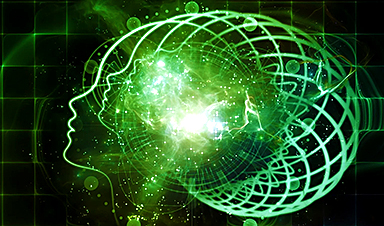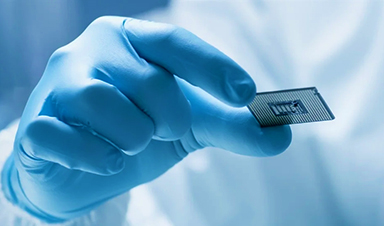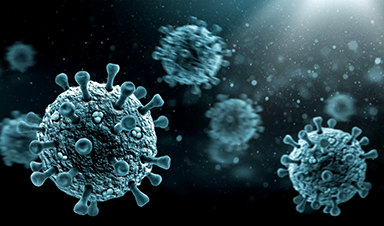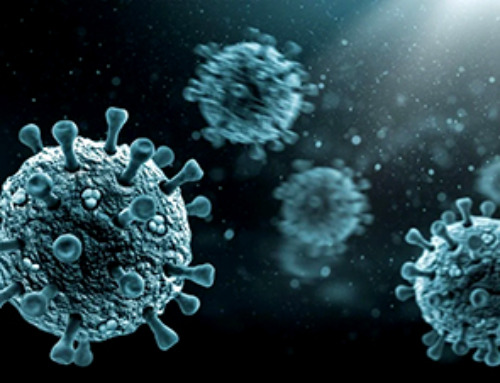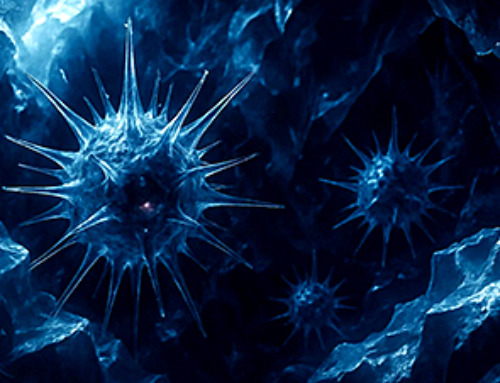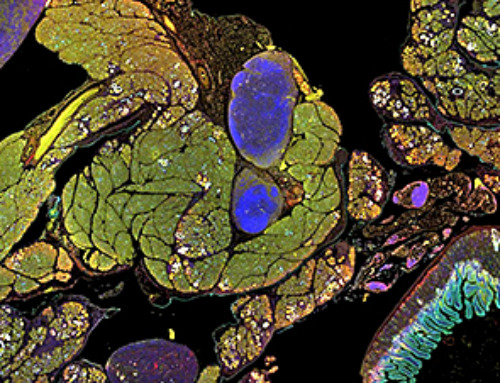Researchers have long studied how consciousness forms in the brain. Professor Ekrem Dere proposes defining conscious phases via behavioral observations and learning curves, using sudden insights to identify conscious processing times. Consciousness varies by task, and studying these phases can reveal brain mechanisms through imaging.
For generations, researchers have pondered the origins and mechanisms of consciousness in the brain. Professor Ekrem Dere from Ruhr University Bochum in Germany suggests a novel approach to studying conscious cognitive information processing. He proposes defining the phases of conscious cognitive processes through behavioral observations and learning curves.
“Learning is often not a gradual process, but takes place in leaps and bounds; you could say that humans and animals experience sudden epiphanies every now and then,” he says. “It’s likely that these experiences are preceded by conscious processes.” Dere outlines his new approach, which might apply to both humans and animals, in a paper published in the journal Frontiers in Behavioral Neuroscience.
Different levels of consciousness
Consciousness is not an all-or-nothing process. “There are different levels of consciousness, depending for example on whether we’re sleeping or writing an email,” says Ekrem Dere from the Mental Health Research and Treatment Center in Bochum, who is also a member of the Sorbonne Université in Paris. “At the upper end of this gradation, so to speak, we find conscious cognitive information processing that is required to deal with a complicated problem.”
Animals can learn a lot. Just like humans, they sometimes experience a eureka moment. This could be valuable for research into consciousness. Credit: Katja Marquard
In order to study the neurobiological correlates of these processes using scientific methods, a human or animal must be presented with an experimental task that can only be solved with conscious cognitive information processing – it’s crucial that there isn’t a preconceived solution. “In the long history of cognitive behavioral psychology, a great many such tasks have been developed,” says Dere. “However, the main difficulty is that a human or animal may not use conscious cognitive information processing throughout the entire processing time.”
Eureka moment is the time stamp
The researcher therefore suggests to use learning curves to narrow down the phases of conscious information processing with regard to their timing. In these curves, performance in a specific task is plotted over time. “Learning performance often doesn’t improve continuously, but rather by leaps or in stages,” explains Dere. This so-called discontinuous learning after insight can serve as a time stamp. “Conscious cognitive information processing must have taken place at this point and presumably also in the seconds leading up to it,” says the psychologist. “Armed with this knowledge, we can use imaging or electrophysiological methods to observe the brain during conscious cognitive information processing by comparing the time periods immediately before the sudden increase in learning with earlier or later points in time during the processing of the task.” This would enable researchers to find out which mechanisms the brain used in which region for conscious information processing.
Reference: “Insights into conscious cognitive information processing” by Ekrem Dere, 15 July 2024, Frontiers in Behavioral Neuroscience.
DOI: 10.3389/fnbeh.2024.1443161
News
Global Nanomaterial Regulation: A Country-by-Country Comparison
Nanomaterials are materials with at least one dimension smaller than 100 nanometres (about 100,000 times thinner than a human hair). Because of their tiny size, they have unique properties that can be useful in [...]
Pandemic Potential: Scientists Discover 3 Hotspots of Deadly Emerging Disease in the US
Virginia Tech researchers discovered six new rodent carriers of hantavirus and identified U.S. hotspots, highlighting the virus’s adaptability and the impact of climate and ecology on its spread. Hantavirus recently drew public attention following reports [...]
Studies detail high rates of long COVID among healthcare, dental workers
Researchers have estimated approximately 8% of Americas have ever experienced long COVID, or lasting symptoms, following an acute COVID-19 infection. Now two recent international studies suggest that the percentage is much higher among healthcare workers [...]
Melting Arctic Ice May Unleash Ancient Deadly Diseases, Scientists Warn
Melting Arctic ice increases human and animal interactions, raising the risk of infectious disease spread. Researchers urge early intervention and surveillance. Climate change is opening new pathways for the spread of infectious diseases such [...]
Scientists May Have Found a Secret Weapon To Stop Pancreatic Cancer Before It Starts
Researchers at Cold Spring Harbor Laboratory have found that blocking the FGFR2 and EGFR genes can stop early-stage pancreatic cancer from progressing, offering a promising path toward prevention. Pancreatic cancer is expected to become [...]
Breakthrough Drug Restores Vision: Researchers Successfully Reverse Retinal Damage
Blocking the PROX1 protein allowed KAIST researchers to regenerate damaged retinas and restore vision in mice. Vision is one of the most important human senses, yet more than 300 million people around the world are at [...]
Differentiating cancerous and healthy cells through motion analysis
Researchers from Tokyo Metropolitan University have found that the motion of unlabeled cells can be used to tell whether they are cancerous or healthy. They observed malignant fibrosarcoma [...]
This Tiny Cellular Gate Could Be the Key to Curing Cancer – And Regrowing Hair
After more than five decades of mystery, scientists have finally unveiled the detailed structure and function of a long-theorized molecular machine in our mitochondria — the mitochondrial pyruvate carrier. This microscopic gatekeeper controls how [...]
Unlocking Vision’s Secrets: Researchers Reveal 3D Structure of Key Eye Protein
Researchers have uncovered the 3D structure of RBP3, a key protein in vision, revealing how it transports retinoids and fatty acids and how its dysfunction may lead to retinal diseases. Proteins play a critical [...]
5 Key Facts About Nanoplastics and How They Affect the Human Body
Nanoplastics are typically defined as plastic particles smaller than 1000 nanometers. These particles are increasingly being detected in human tissues: they can bypass biological barriers, accumulate in organs, and may influence health in ways [...]
Measles Is Back: Doctors Warn of Dangerous Surge Across the U.S.
Parents are encouraged to contact their pediatrician if their child has been exposed to measles or is showing symptoms. Pediatric infectious disease experts are emphasizing the critical importance of measles vaccination, as the highly [...]
AI at the Speed of Light: How Silicon Photonics Are Reinventing Hardware
A cutting-edge AI acceleration platform powered by light rather than electricity could revolutionize how AI is trained and deployed. Using photonic integrated circuits made from advanced III-V semiconductors, researchers have developed a system that vastly [...]
A Grain of Brain, 523 Million Synapses, Most Complicated Neuroscience Experiment Ever Attempted
A team of over 150 scientists has achieved what once seemed impossible: a complete wiring and activity map of a tiny section of a mammalian brain. This feat, part of the MICrONS Project, rivals [...]
The Secret “Radar” Bacteria Use To Outsmart Their Enemies
A chemical radar allows bacteria to sense and eliminate predators. Investigating how microorganisms communicate deepens our understanding of the complex ecological interactions that shape our environment is an area of key focus for the [...]
Psychologists explore ethical issues associated with human-AI relationships
It's becoming increasingly commonplace for people to develop intimate, long-term relationships with artificial intelligence (AI) technologies. At their extreme, people have "married" their AI companions in non-legally binding ceremonies, and at least two people [...]
When You Lose Weight, Where Does It Actually Go?
Most health professionals lack a clear understanding of how body fat is lost, often subscribing to misconceptions like fat converting to energy or muscle. The truth is, fat is actually broken down into carbon [...]
